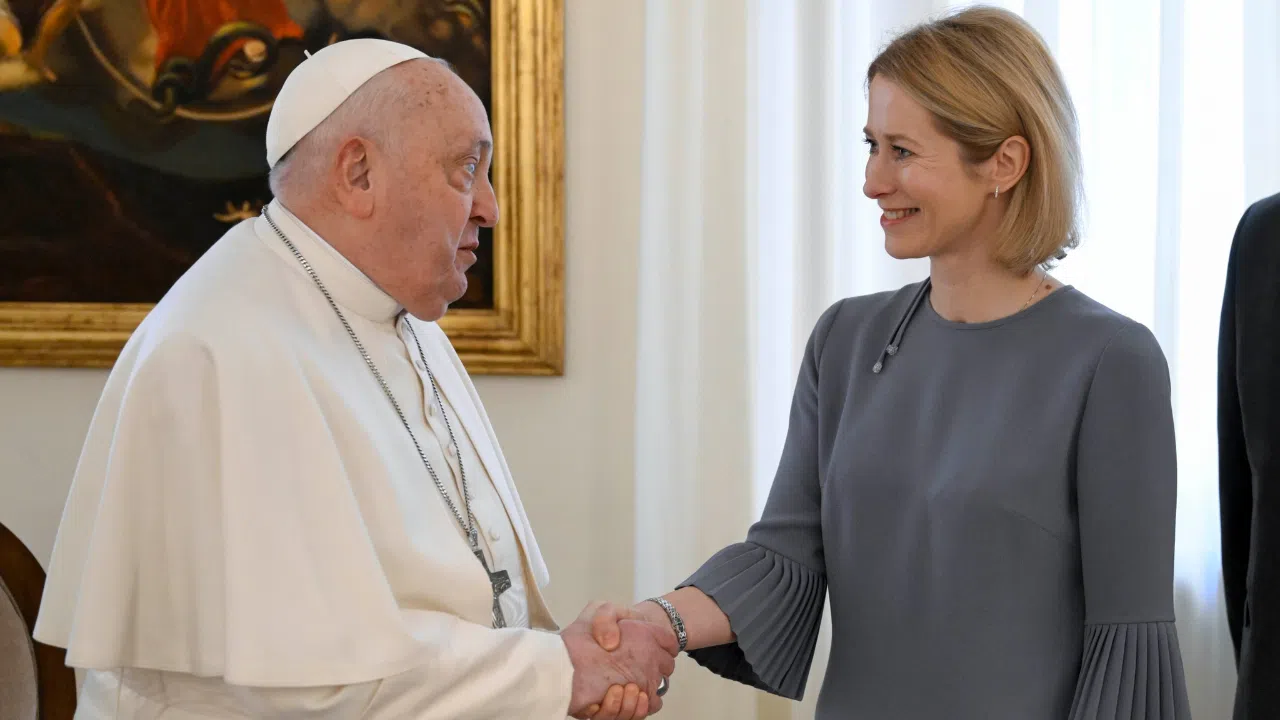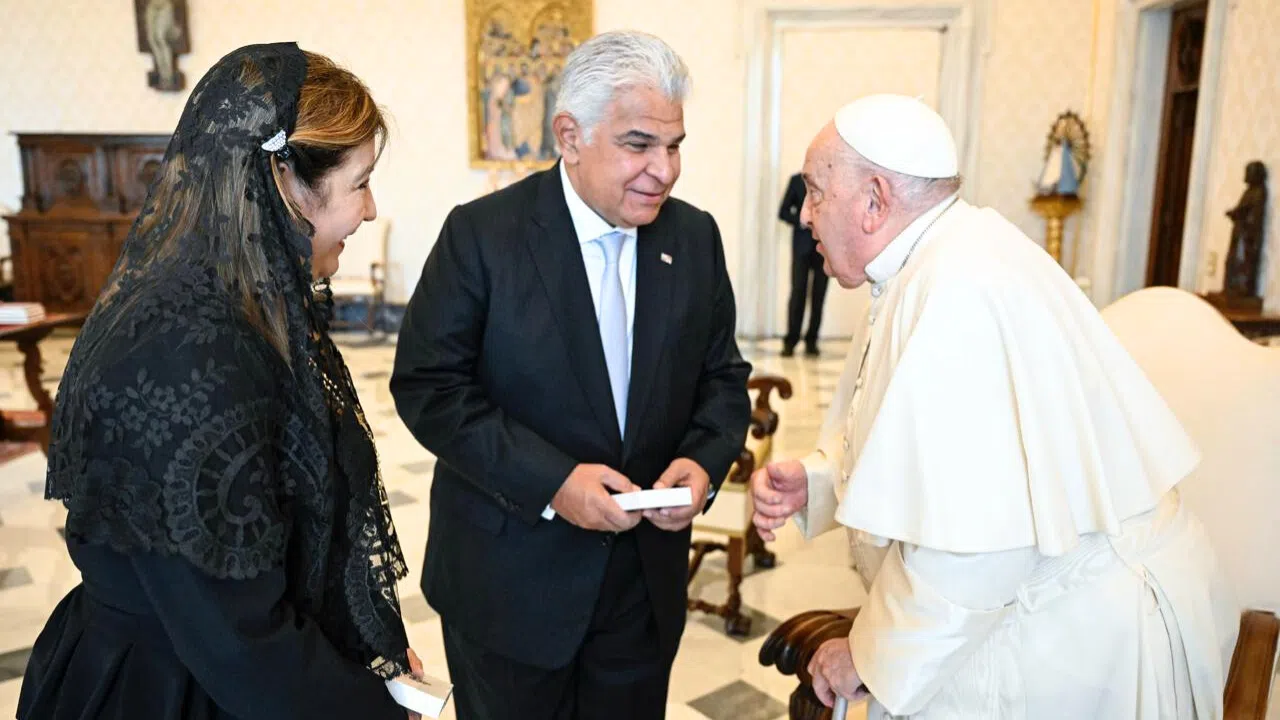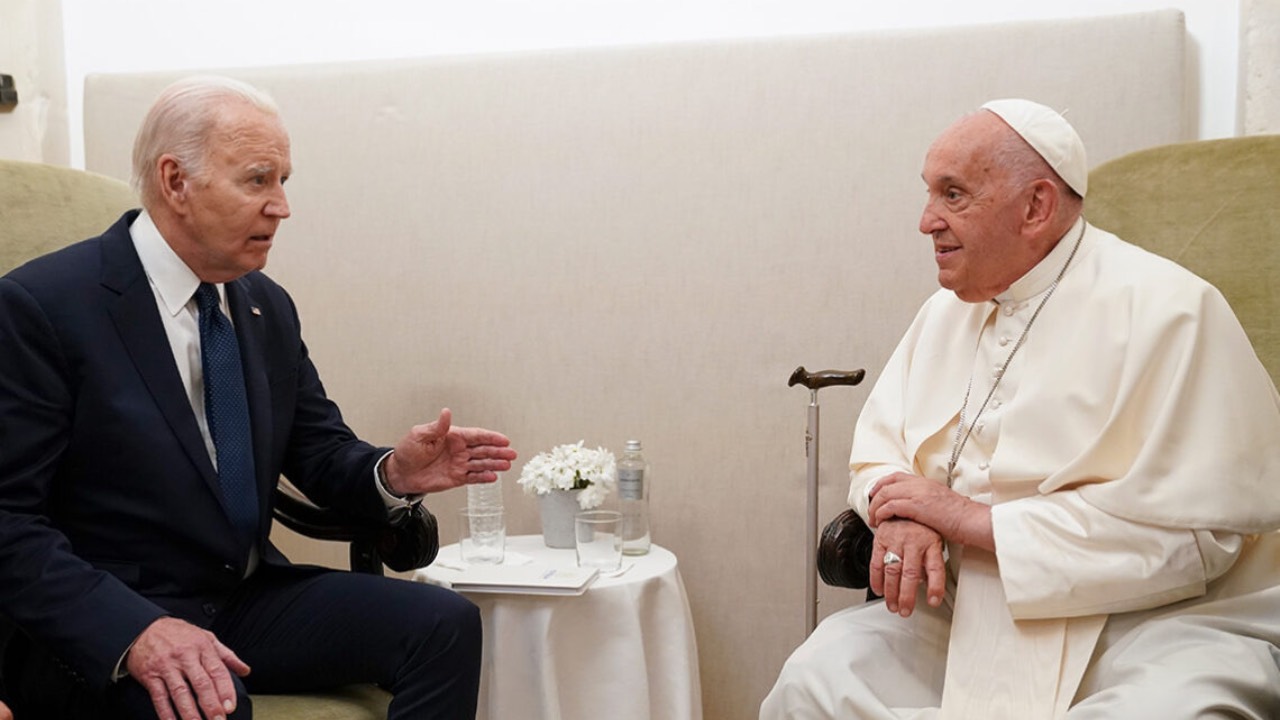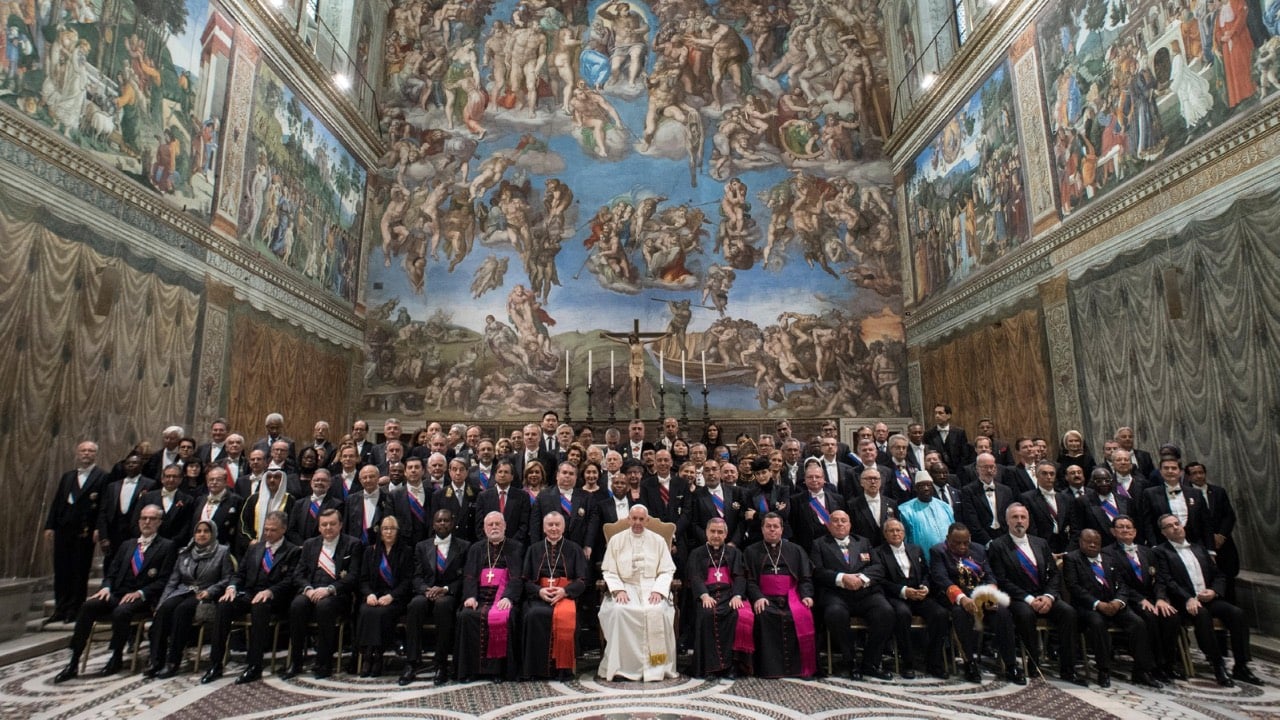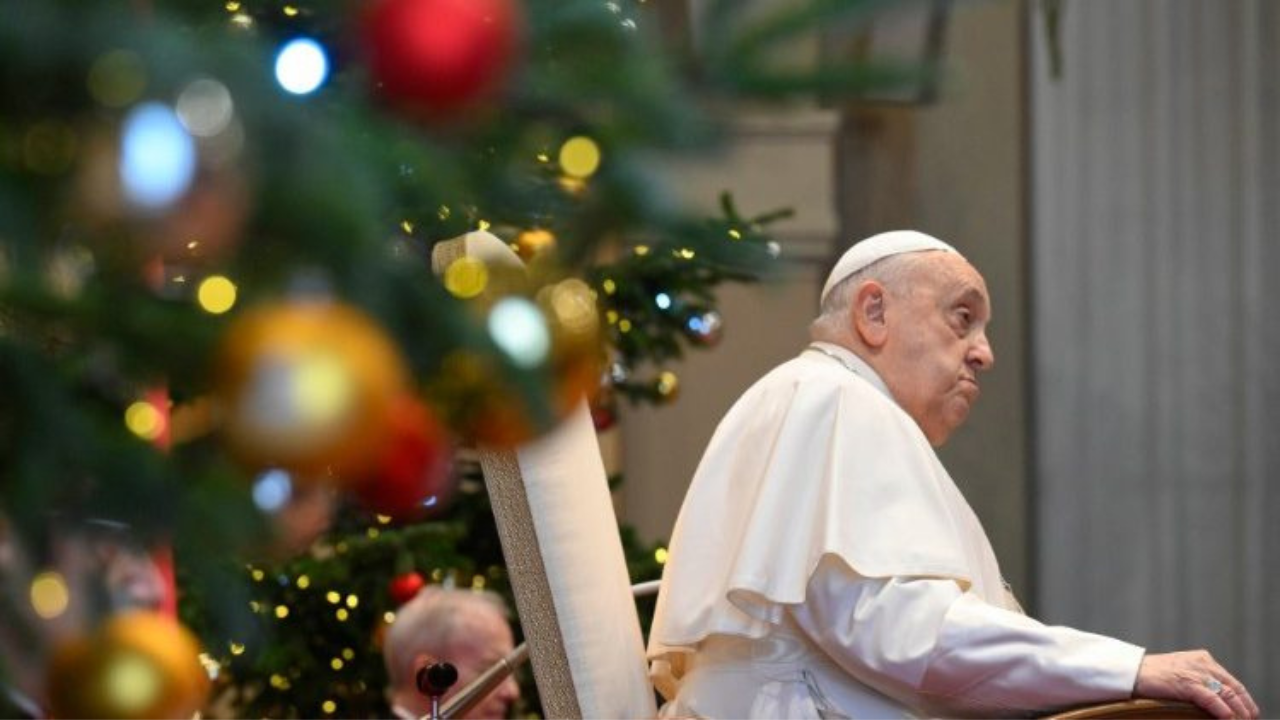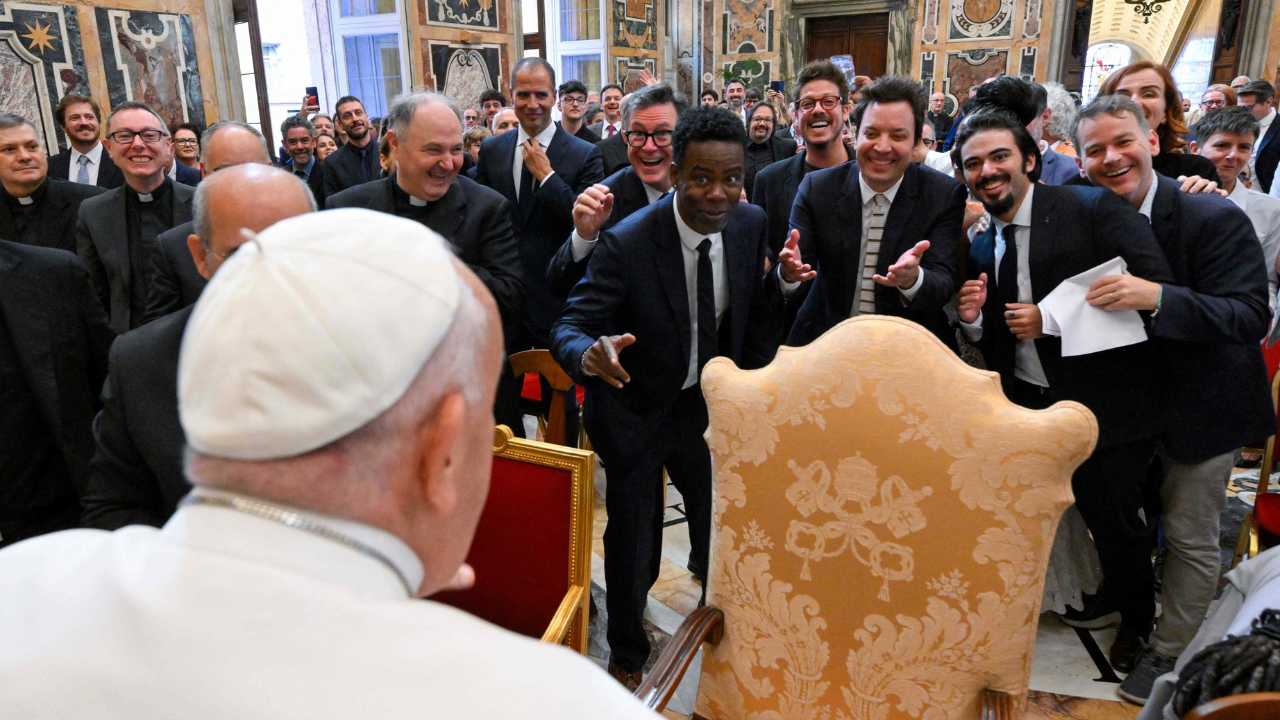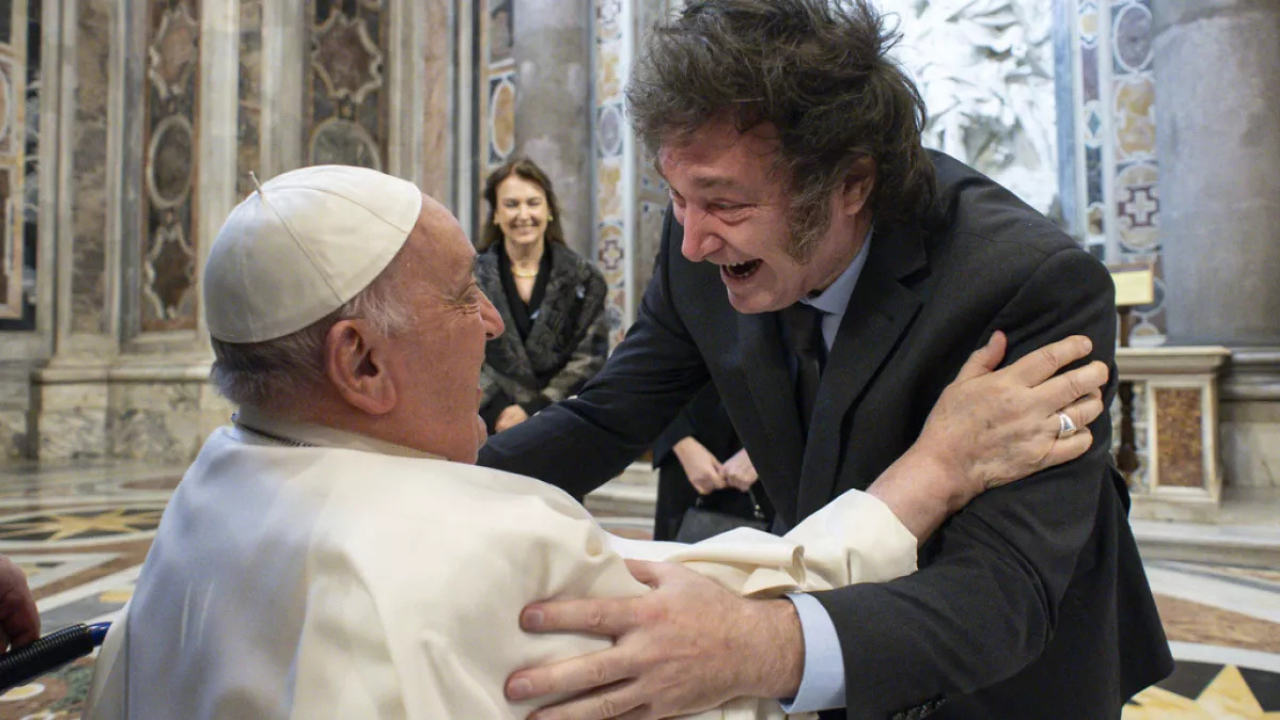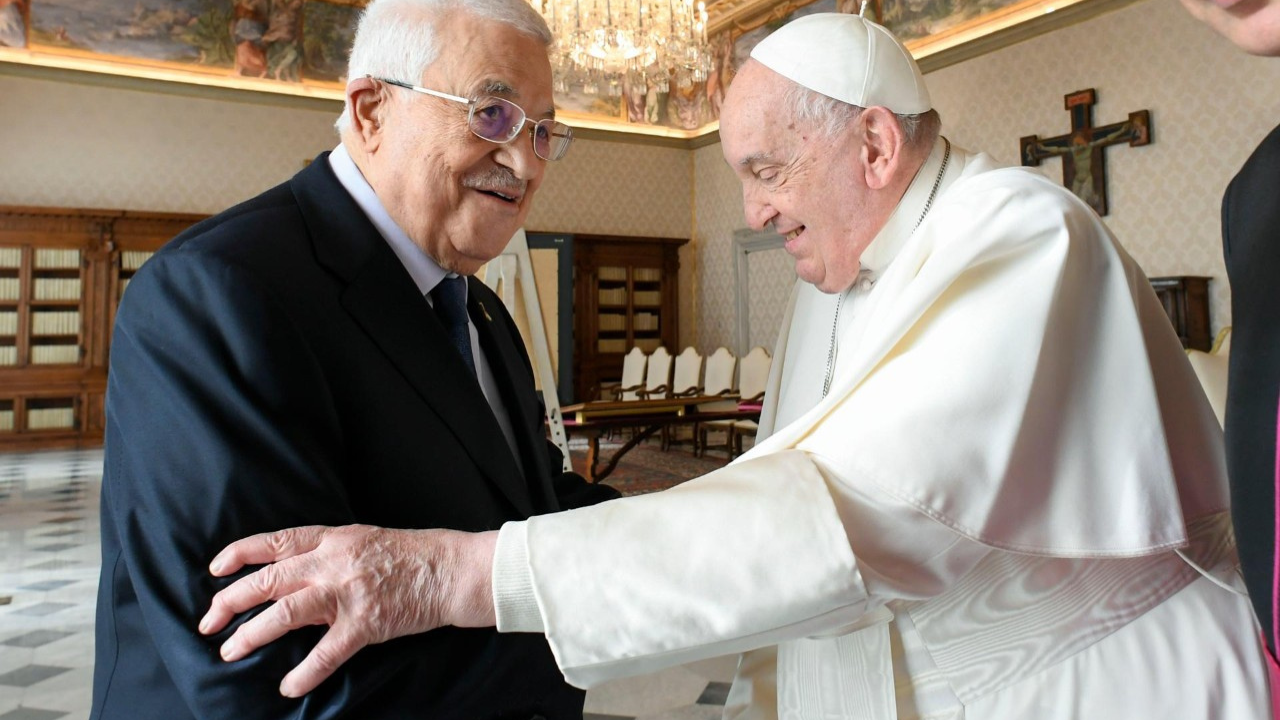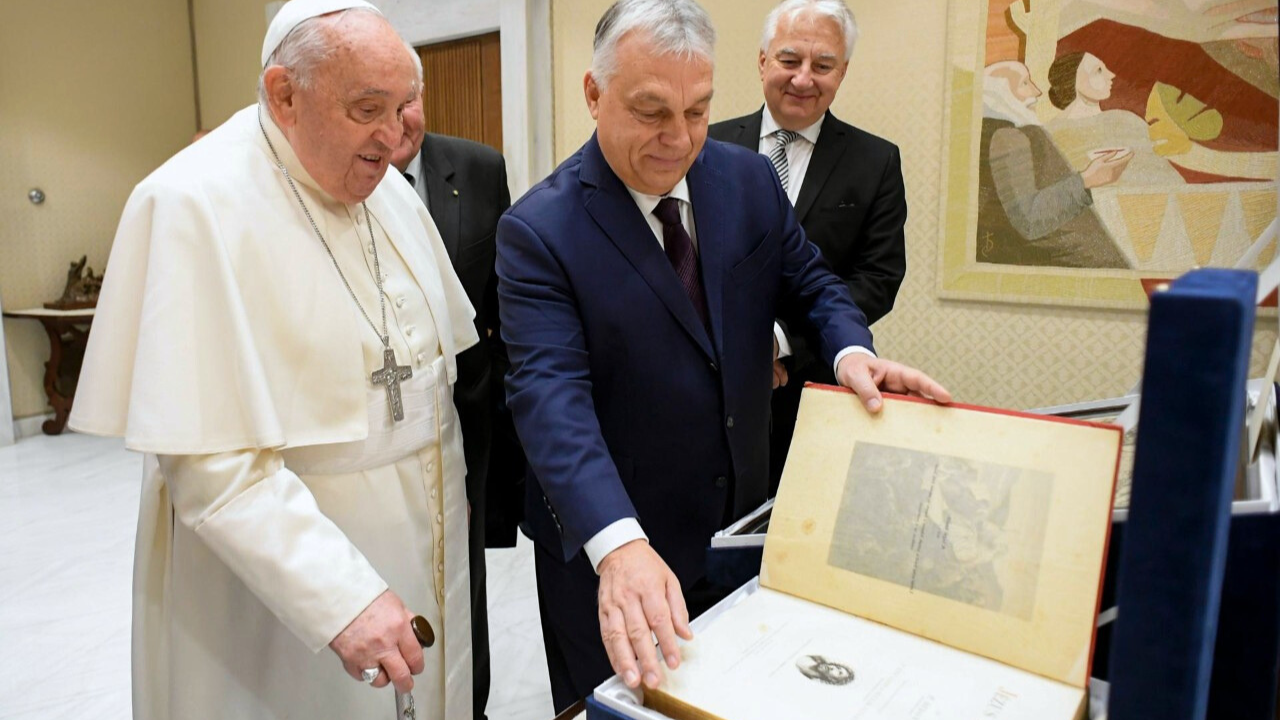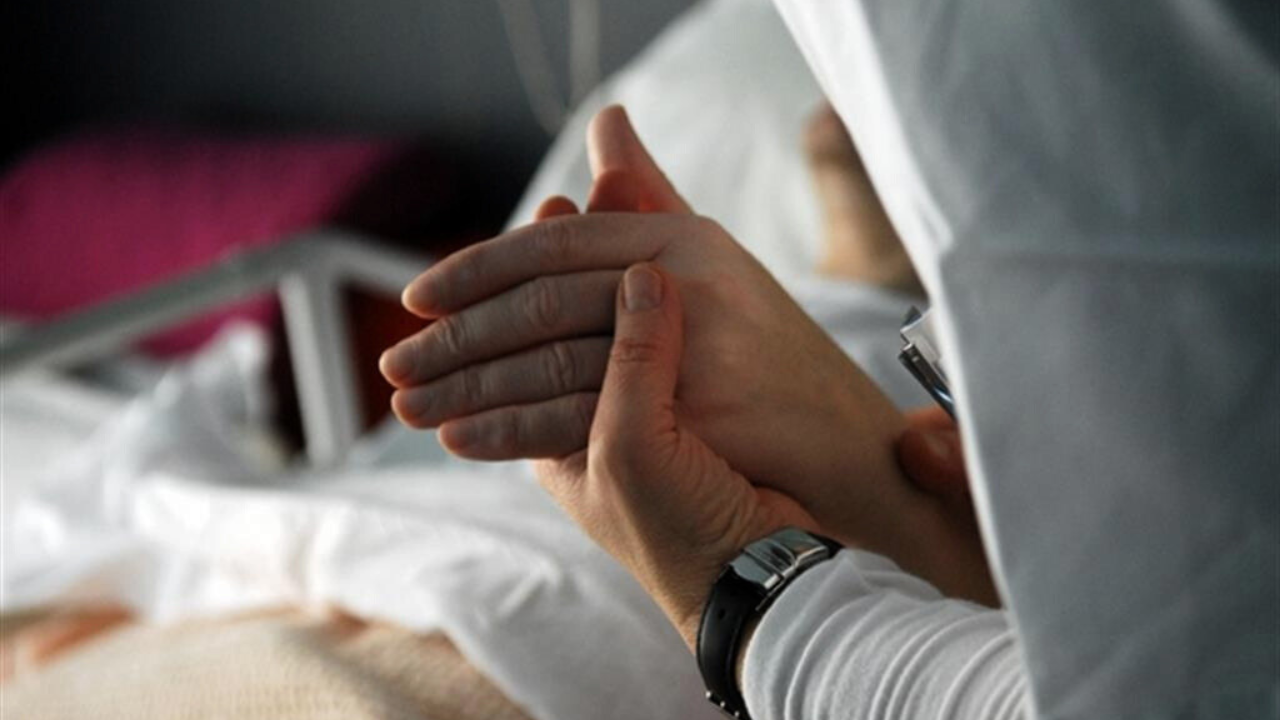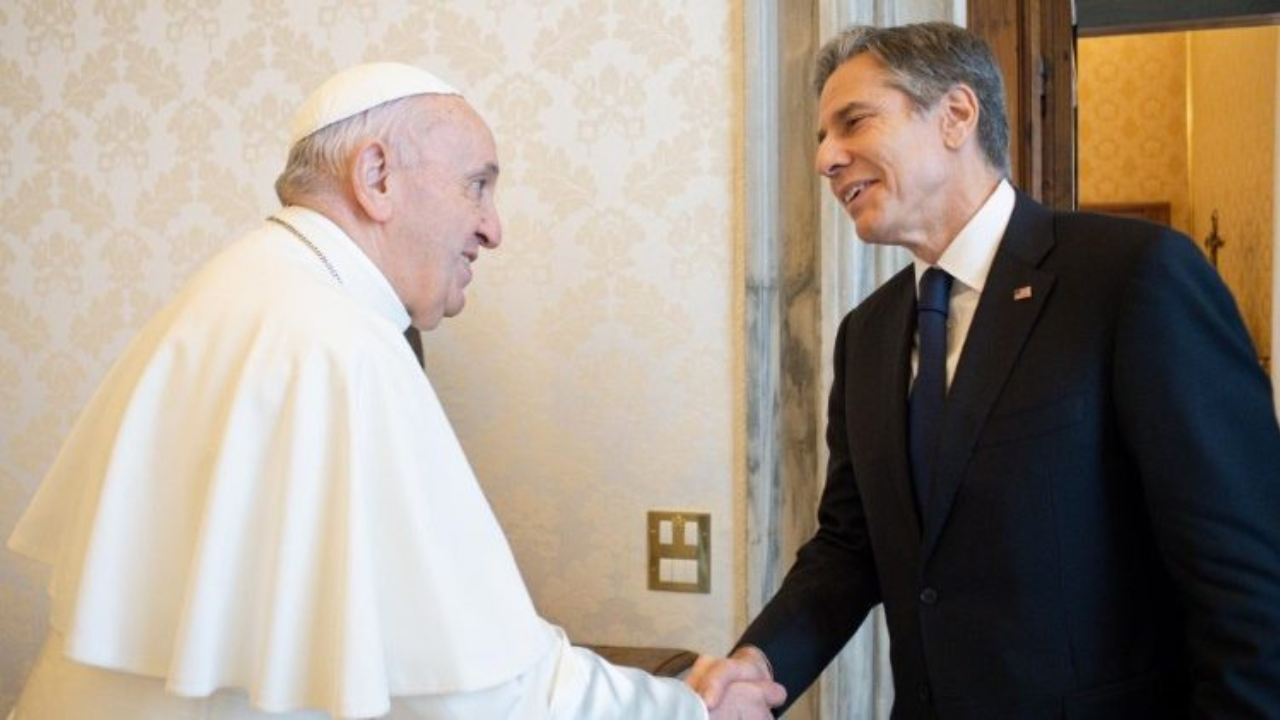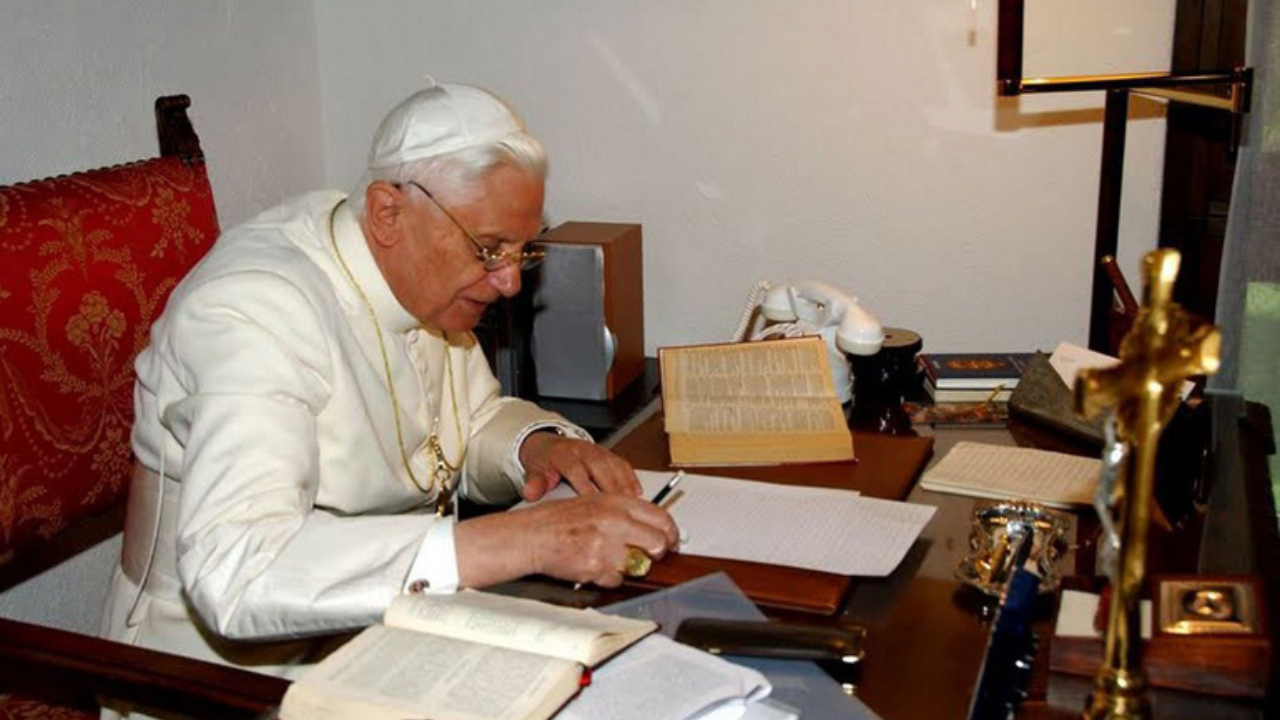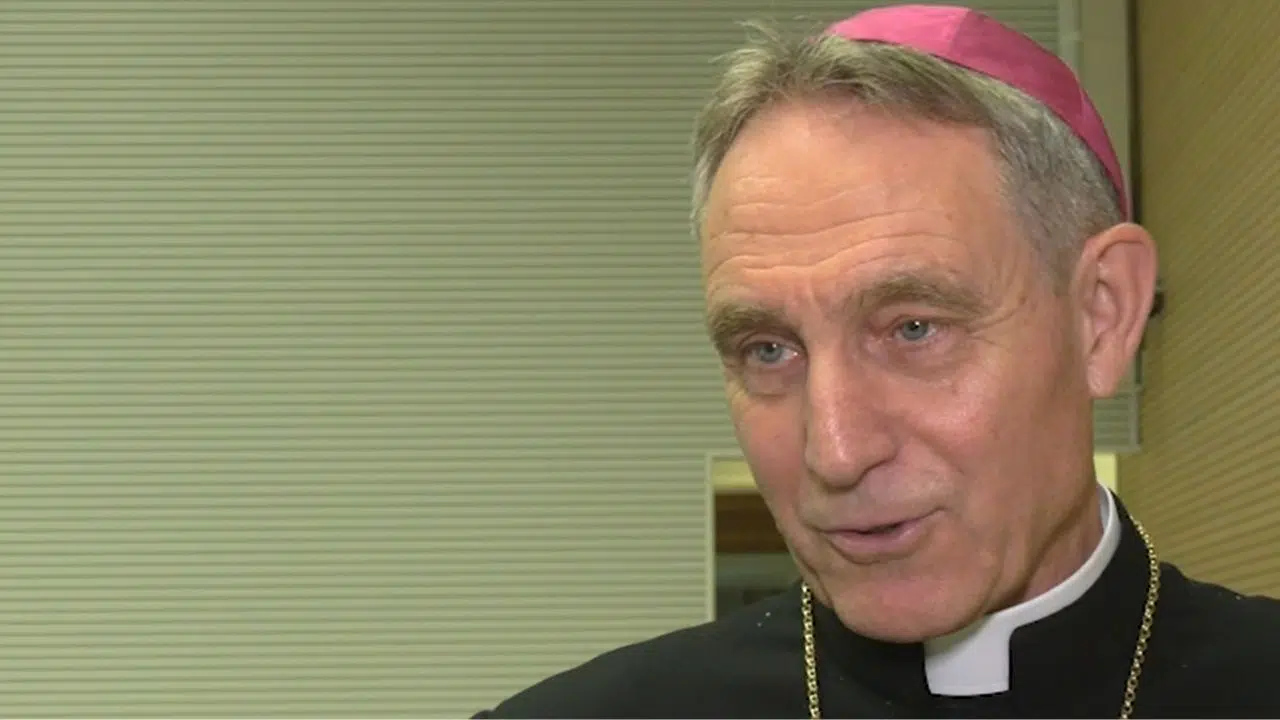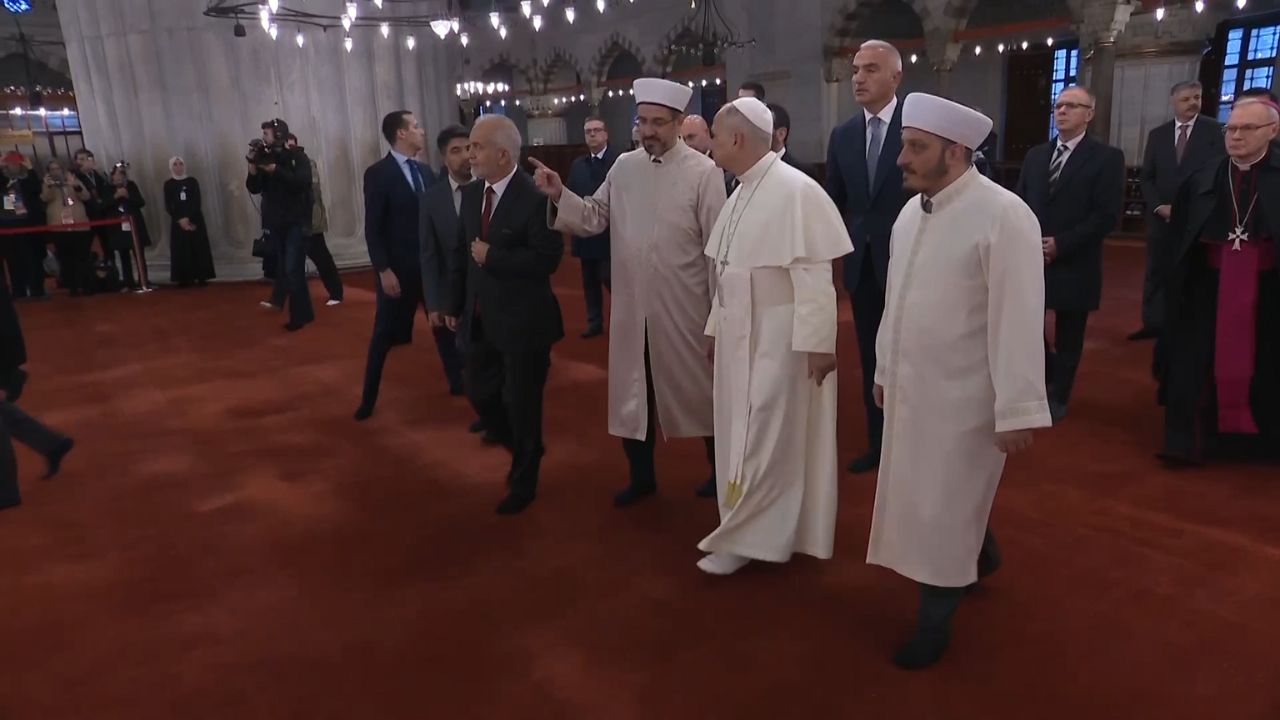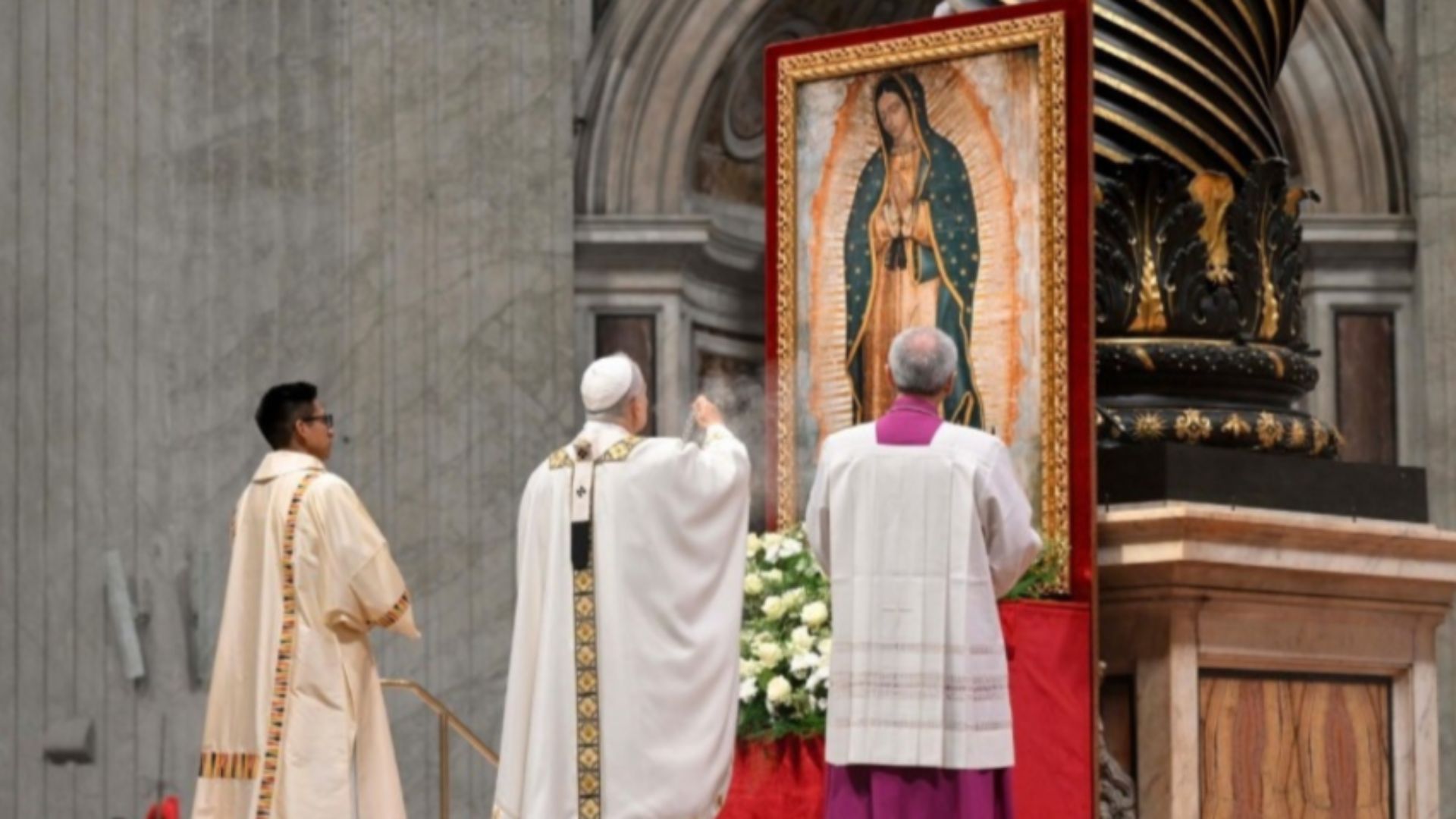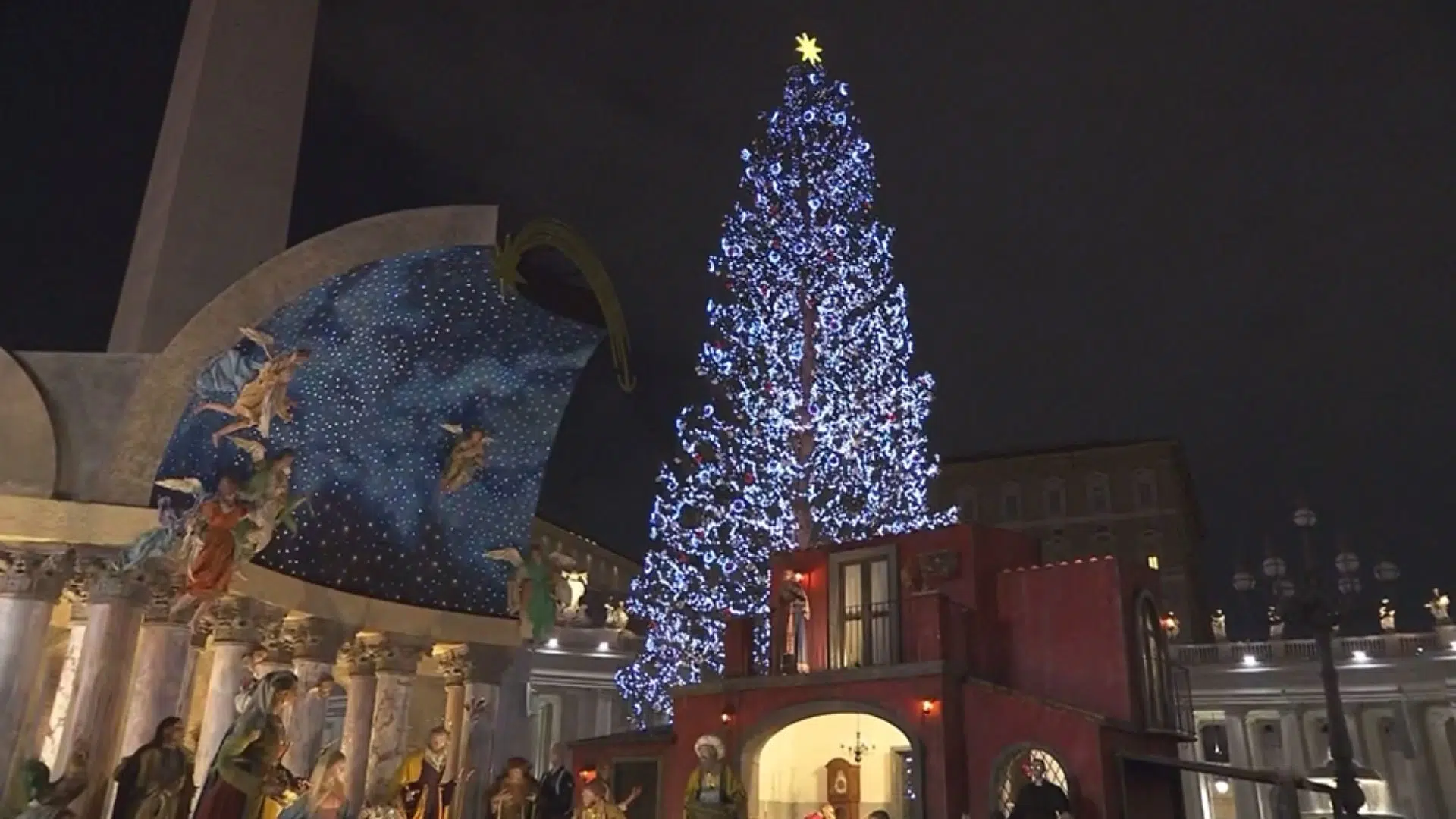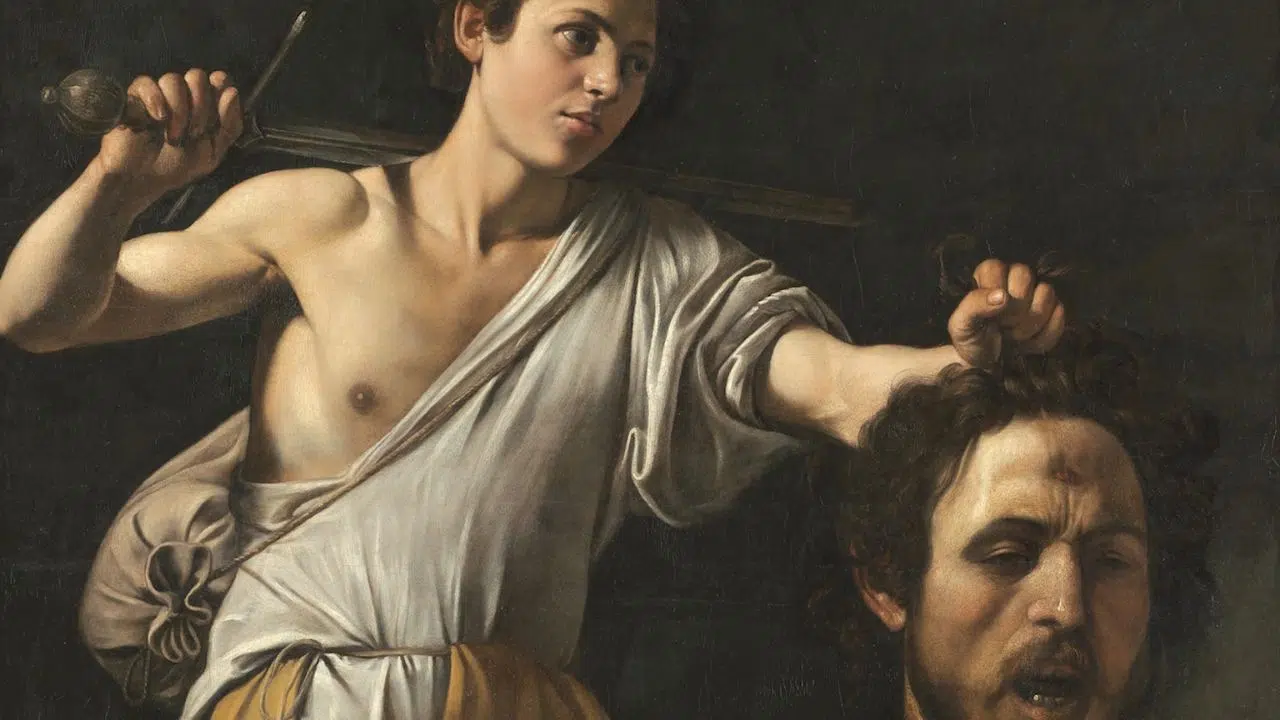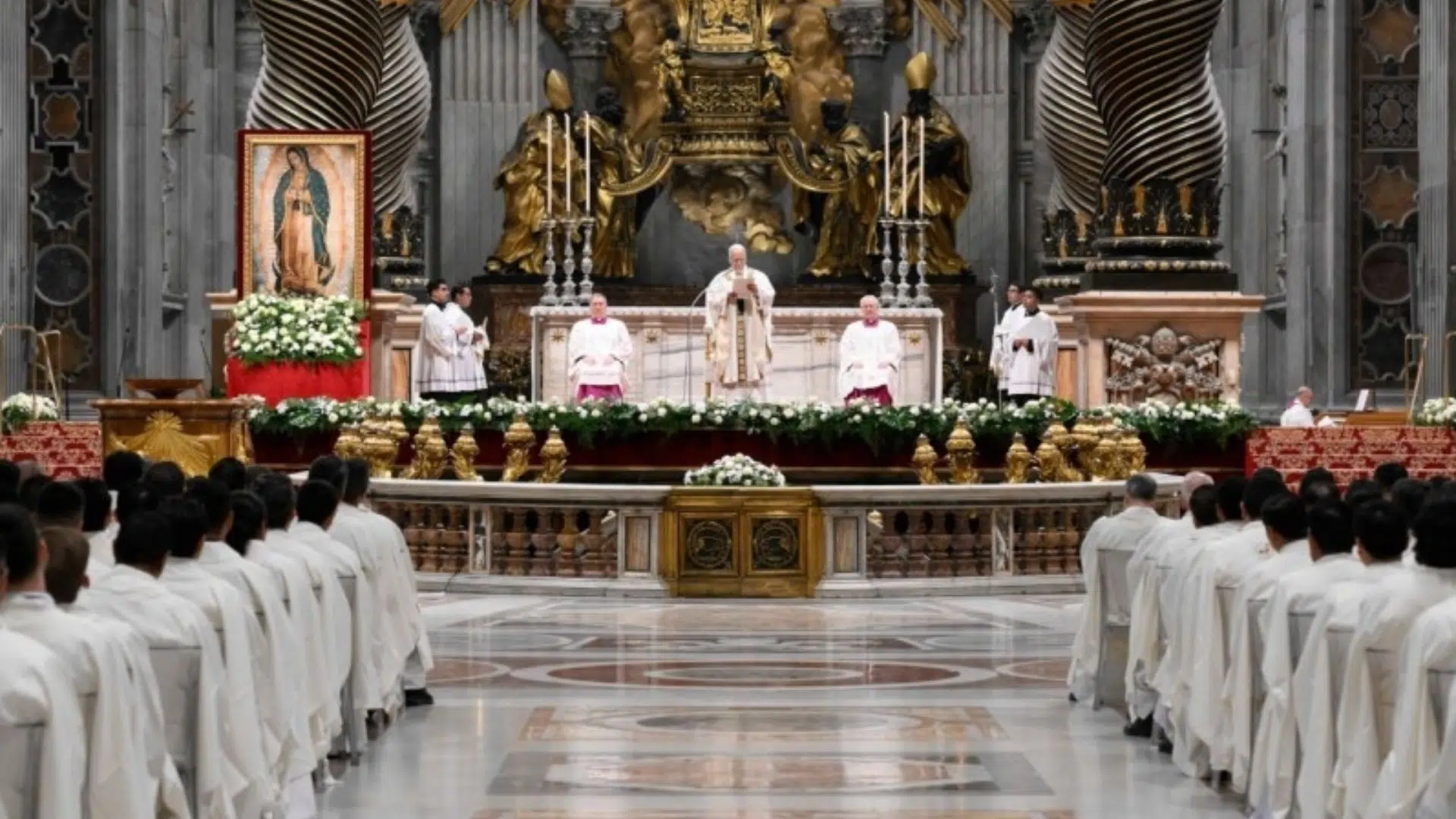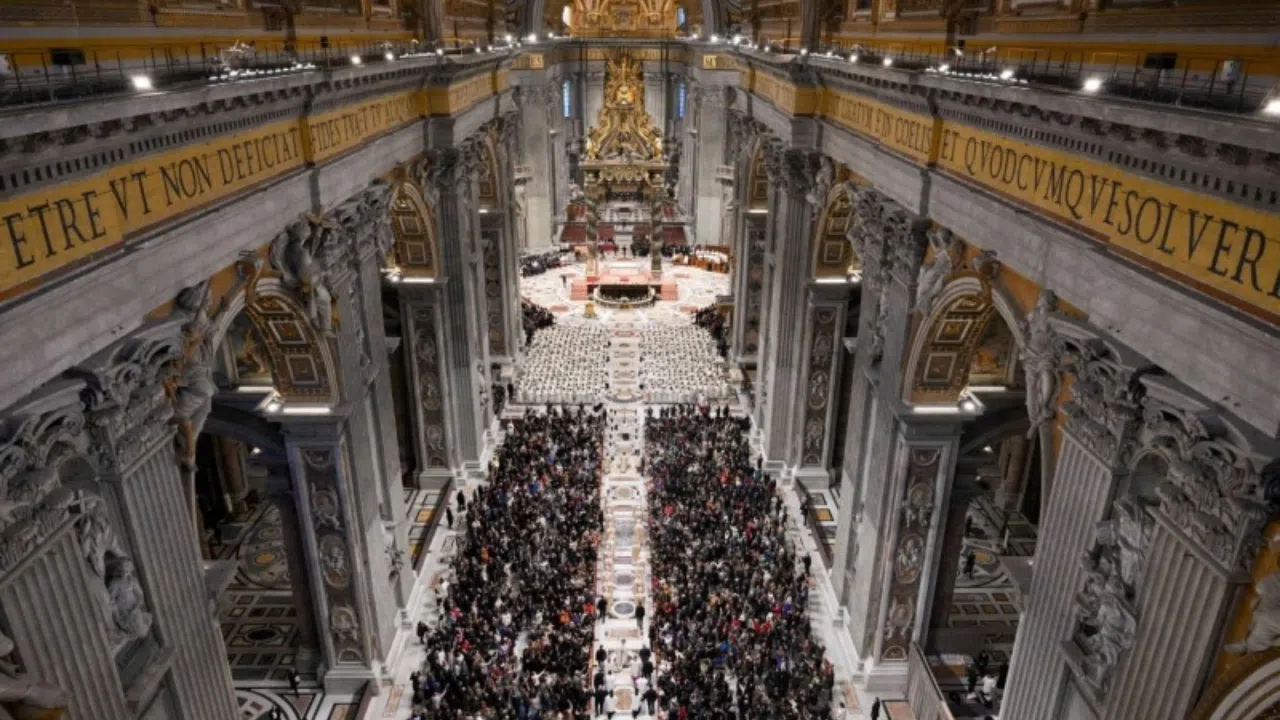The meeting between the new ambassador from Uruguay and the pope was very cordial.
“Holiness, peace and glory to God in the highest. I allow myself to greet you like that because I'm...”
“...Franciscan style”
… “Franciscan tertiary and educated in the old seminary school.”
“Cardinal Barbieri would be very happy.”
“I have the high honor of presenting you with my credentials from Mr. President, with his warm and excited regards, and of all of the easterners of good will.”
“Many thanks.”
Mario Cayota is familiar with his new job. He was ambassador to the Vatican from 2005 to 2011.
He comes to Rome with a concrete mission: investigate what material exists in the Vatican Archives about the men and women of Uruguay who went missing during the military dictatorship from 1973 to 1985.
It involved some 200 people arrested in Argentina as part of the Cóndor Plan, which the military governments agreed upon to coordinate repression.
In fact, the president of Uruguay, Tabaré Vázquez asked the pope for permission to access the archives a year ago, and Pope Francis gave him “total availability.”
It's the perfect job for Mario Cayota, as he's also a member of the “Group for Truth and Justice” organized by the Uruguayan president to shed light on the period.
